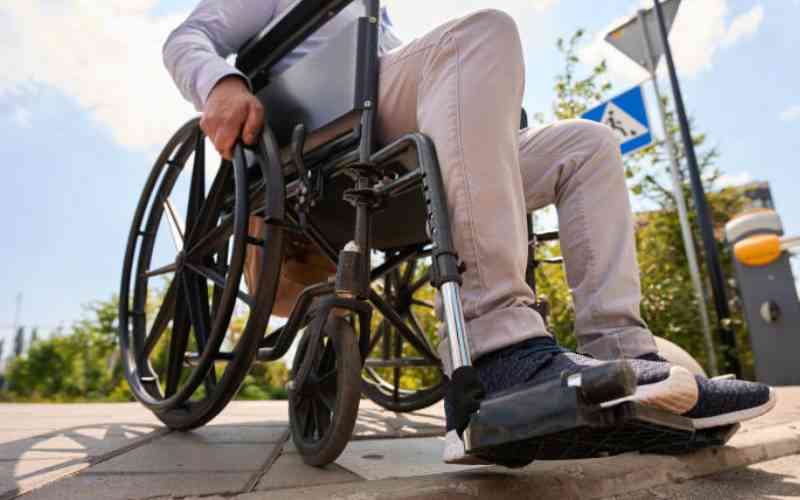
The International Day of Persons with Disabilities (PWDs) was marked on December 3, 2023. It is one of the United Nations international days commemorated within the 16 days of Activism against Gender-Based Violence (GBV).
This year, the global community comes together to celebrate the achievements and resilience of persons with disabilities. This year's theme, "United in action to rescue and achieve the sustainable development goals for, with, and by PWDs," underscores the prominence of diversity, equity, inclusivity, and collaboration in realising the SDGs.